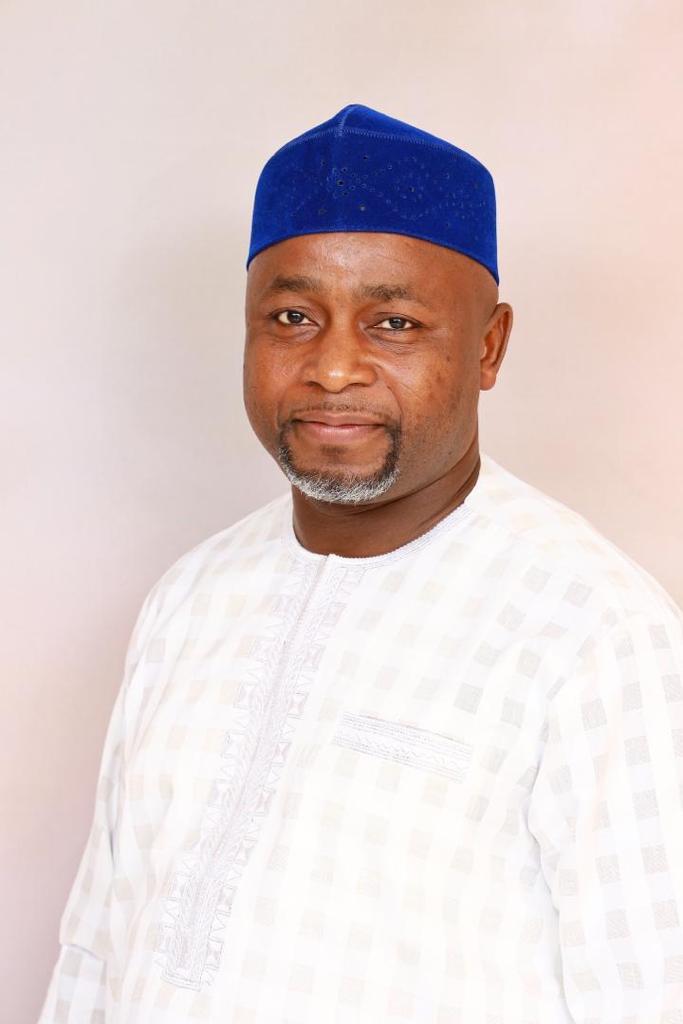The opposition New Patriotic Party (NPP) is treading on a dangerous path as a few top people have hijacked it to consolidate power despite leading the party to lose miserably during the 2024 elections.
This is according to a firebrand party leader, Issahaku K. Kotomah.
Mr. Kotomah, who has been an avid member of the NPP for decades, finds it abhorrent that the once grassroots party is being turned into a dictatorial machine to benefit just a few who have woefully failed the party and led it into the worst political defeat in the Fourth Republic.
“The creeping normalisation of a top-bottom approach to party governance, where a few elites at the apex dictate the direction of the party, is threatening to turn a once vibrant political party into a hollow machine of patronage and authoritarian control.
“This anti-democratic trajectory must be resisted with urgency. The recent wave of self-serving constitutional amendments being proposed or pushed within the party is not about reform or renewal. It is about consolidating power in the hands of a select few—those who have presided over years of disappointing leadership outcomes and now seek to entrench their influence beyond their expiration date. Let us call it what it is: a hostile takeover of the party from the grassroots upward,” he noted in an interview with the media.
Self-serving constitutional amendments
He posits that the NPP’s constitutional review processes are now increasingly becoming instruments of manipulation. “Hidden under the cloak of reform, they are being used to rewrite the party’s rules to favour certain factions, personalities, or interest groups. Proposals to centralise candidate selection, limit the autonomy of polling station executives, or extend the powers of the National Council are not about efficiency; they are about control.”
He further argues that “these amendments disempower the very base that built the party, turning loyal stakeholders at the very base into mere spectators. This brings to mind the words of former President Nana Addo Dankwa Akufo-Addo, who famously urged Ghanaians during his 2017 inaugural address: ‘I ask you to be citizens: citizens, not spectators; citizens, not subjects; responsible citizens building your communities and our nation. Let us work until the work is done.’
“On this note, I ask NPP grassroots members not to be spectators but citizens; active, bold, and responsible participants in the life of our great party. When decisions are made in Accra and imposed on constituencies without consultation, the party ceases to be a mass movement and becomes a top-heavy bureaucracy, more concerned with the whims of powerful men than the will of the people.”
A leadership that has failed—and yet seeks more power?
He said it would have been another matter if the centralised party leadership had delivered on its promises to the rank and file.
“But under the current NPP leadership, we have witnessed a disturbing failure within the party itself; neglected grassroots structures, sidelined loyal members, broken internal trust, and a growing sense of frustration among the very people who toiled to bring the party to power. The base feels abandoned, and the leadership has failed to inspire confidence or unity by failing to acknowledge its abysmal performance.
“And yet, the same architects of this national malaise now want to tighten their grip on the party machinery? It is an affront to the rank and file of the party who toiled to bring the NPP to power, only to be sidelined, betrayed, and insulted.”
Mr. Kotomah added that “a leadership that has failed so profoundly has no moral right to demand further loyalty from the grassroots. What is needed is introspection, humility, and accountability—not autocratic restructuring.”
Party control as a means of silencing dissent
The NPP firebrand said the top-bottom approach is not merely about organisational change, but it’s also about ideology and suppression, and that it seeks to mute internal debate, delegitimise critics, and create a climate of fear within the party.
“Already, there are growing concerns that alternative voices and reform-minded patriots are being blacklisted, starved of support, and intimidated for daring to question the status quo.
“This is not the party Danquah, Busia, and Dombo envisioned. It is a distortion—a perversion—of our founding values and tradition. If unchecked, this style of leadership will destroy the spirit of competition, dialogue, and democratic renewal that has long set the NPP apart from its rivals.”
A call to action: Reclaim the party from the top
“This is not a time for silence. This is not a time for passive observation. Every polling station executive, electoral area coordinator, every TESCON member, every constituency executive must stand up and say NO to top-down authoritarianism within the NPP,” he rallied party faithful to rescue the NPP.
He suggested that there should be an immediate halt to any constitutional amendment that centralises power, a full accountability report from the party’s current leadership, and a recommitment to grassroots decision-making and democratic practices.
“The future of the NPP—and indeed Ghana’s democratic stability—depends on rebuilding the party from the bottom up, not further disfiguring it with elitist engineering. Let the voices of ordinary patriots ring louder than the whispers of powerful men in closed rooms. If the soul of the NPP is to be saved, it must be saved from the bottom—where it all began,” he added.
Source: Issahaku K. Kotomah
ALSO READ:



